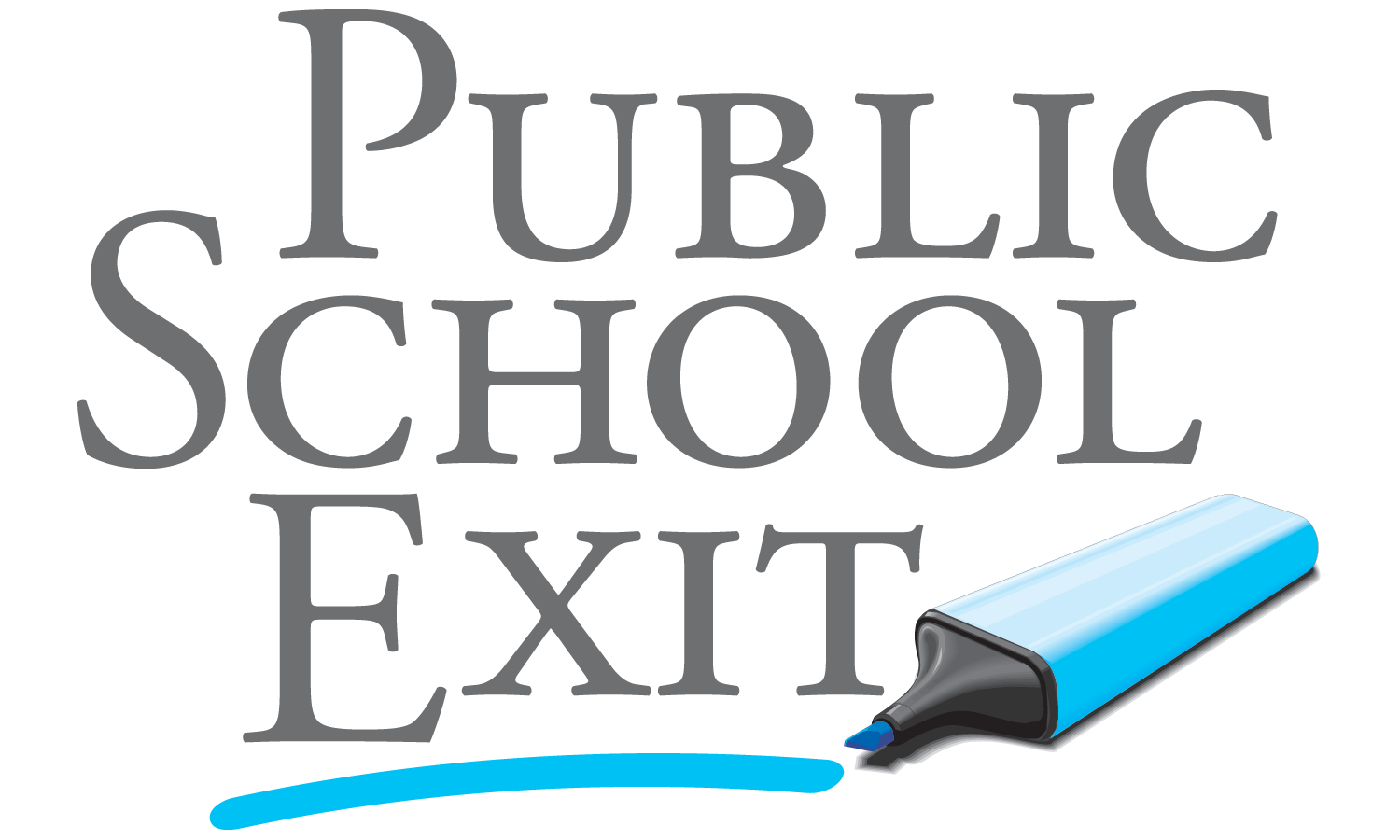Superintendent Dr. Jason Reynolds listens to Peoria Unified School District parent Heather Rooks during the August 12, 2021 meeting of the Governing Board.
Diane Douglas, Arizona Superintendent of Public Instruction 2015-2019
Ten years or so ago, Tucson Unified School District (TUSD) tried to restrict the attendance at their governing board (a.k.a. school board) meetings by conducting them in a room too small to accommodate community members wishing to attend. At the time, TUSD had to implement a resolution agreement written by the U.S. Department of Education’s Office of Civil Rights resolving the matter.
Recently, however, the Catalina Foothills Unified School District (CFSD, Tucson AZ) Governing Board cancelled their April 25th public meeting due to alleged but undisclosed “threats of violence and acts of intimation” against the board. It was rescheduled to April 28th, but as a virtual meeting. This, despite Open Meeting Law (OML), and presumably in part because of a state Attorney General opinion (I20-002) giving the nod to virtual gatherings during COVID, according to the CFSD website: “Until further notice, the Board will continue to live-stream meetings without an in-person option.”
Yet again, a community is being denied the ability to address their elected representatives with in-person public comments, such as regards the district’s “unwritten” policy allowing boys into girls’ restrooms, locker rooms, and presumable vice versa.
For the May 11th board meeting, the Peoria Unified School District (PUSD, Glendale, AZ) administration tried to take a play from the TUSD and CFSD playbooks. While not cancelling it outright, they intended to limit community attendance solely to the seating capacity of the board room under the guise of “threats”; ostensibly, in this case, due to concerns that Senator Anthony Kern (R LD27) tweeted and Senator Wendy Rogers (R LD7) retweeted the date and time of the board meeting to the community.
One can’t help but wonder if administrators and board members join organizations, such as the Arizona School Administrators and the Arizona School Board Association, so they can “collaborate” on the “best practices” to circumvent hearing the concerns of the community members they are supposed to serve and represent. But I digress.
According to a PUSD communication issued the day before the meeting, “Doors to the Board room open at 5:45 p.m., but the lobby space will be closed to the public.” PUSD had recently been using the lobby for overflow capacity.
When I served on the PUSD board, if overflow attendance was anticipated, the district used a large conference room within the administration building to accommodate all who wished to attend, as required by OML. ARS 38-341.01 (A) requires in part, “All meetings of any public body shall be public meetings and ALL (emphasis mine) persons so desiring shall be permitted to attend and listen to the deliberations and proceedings.”
As The AG Handbook on OML interprets this, requirements are “…not met if the public body…inhibits public attendance at public meetings, such as holding the meeting… in a room too small to accommodate the reasonably anticipated number of observers,…”
And, while ultimately the administration did allow community members into the lobby, how many who may have wanted to attend did not because the district essentially told them they will be turned away from what is supposed to be open and public?
The above referenced opinion from the Arizona Attorney General reads in part, “…the OML generally permits public bodies to conduct remote meetings through technological means. Nonetheless the public body must conduct such meetings in a way that satisfies the … notice and access requirements…”
As long as the notice and access requirements are met, it seems to me this opinion could potentially be used as a “get out of jail free” card allowing governing boards and other public bodies to conduct virtual meetings ad infinitum. The elected board members can legally conduct official business in what is deemed an open meeting under the law—while never having to face their constituents again. This is CFSD’s current modus operandi.
The PUSD district administration has implemented an unwritten practice allowing biological boys into the girls’ restrooms, locker rooms, and vice versa. But practices, rules and regulations are to come from established board policy, not administrative directives, especially when kept secret from the parents and the community. And, while all its board members should be outraged that district administrators circumvented their authority, a majority of the Peoria board has been willing to abdicate its responsibility on this issue.
First, the PUSD board tried to hold the discussion of a bathroom policy in a secret executive session under the guise of legal advice. Next, they disregarded, and did an end run, around their own adoption process to stop the required review of policy language submitted by board clerk Heather Rooks. Now, as shown by their own actions, they intended to unlawfully shut much of the community out. It is apparent that Superintendent Reynolds and President Sandoval are doing, and board members Sorensen and Ewing are supporting, everything they can think of to avoid having to listen to parents defending their daughters’ physical and emotional safety, and the God-given right to privacy.
Governing board members are elected to represent their constituents, not rubber stamp the whims of hired district administrators. Borrowing from the lyrics of an American folk song, “Oh, when will they ever learn? Oh, when will they ever learn?”
Diane Douglas was AZ Superintendent of Public Instruction 2015-2019. She served on the PUSD Governing Board 2005-2012; President 2008, 2009; the State Board of Education and the State Board for Charter Schools 2015-2019.

